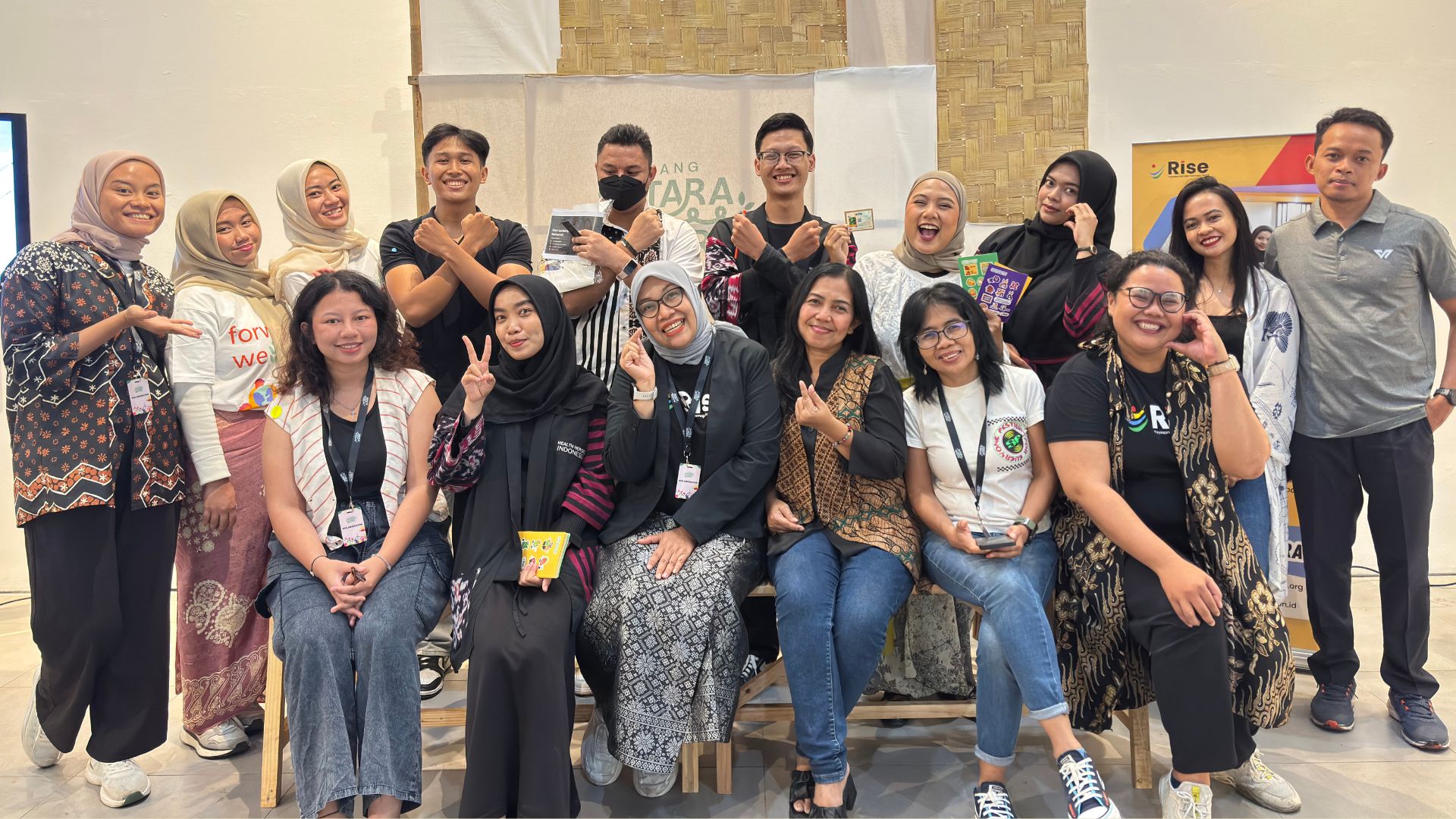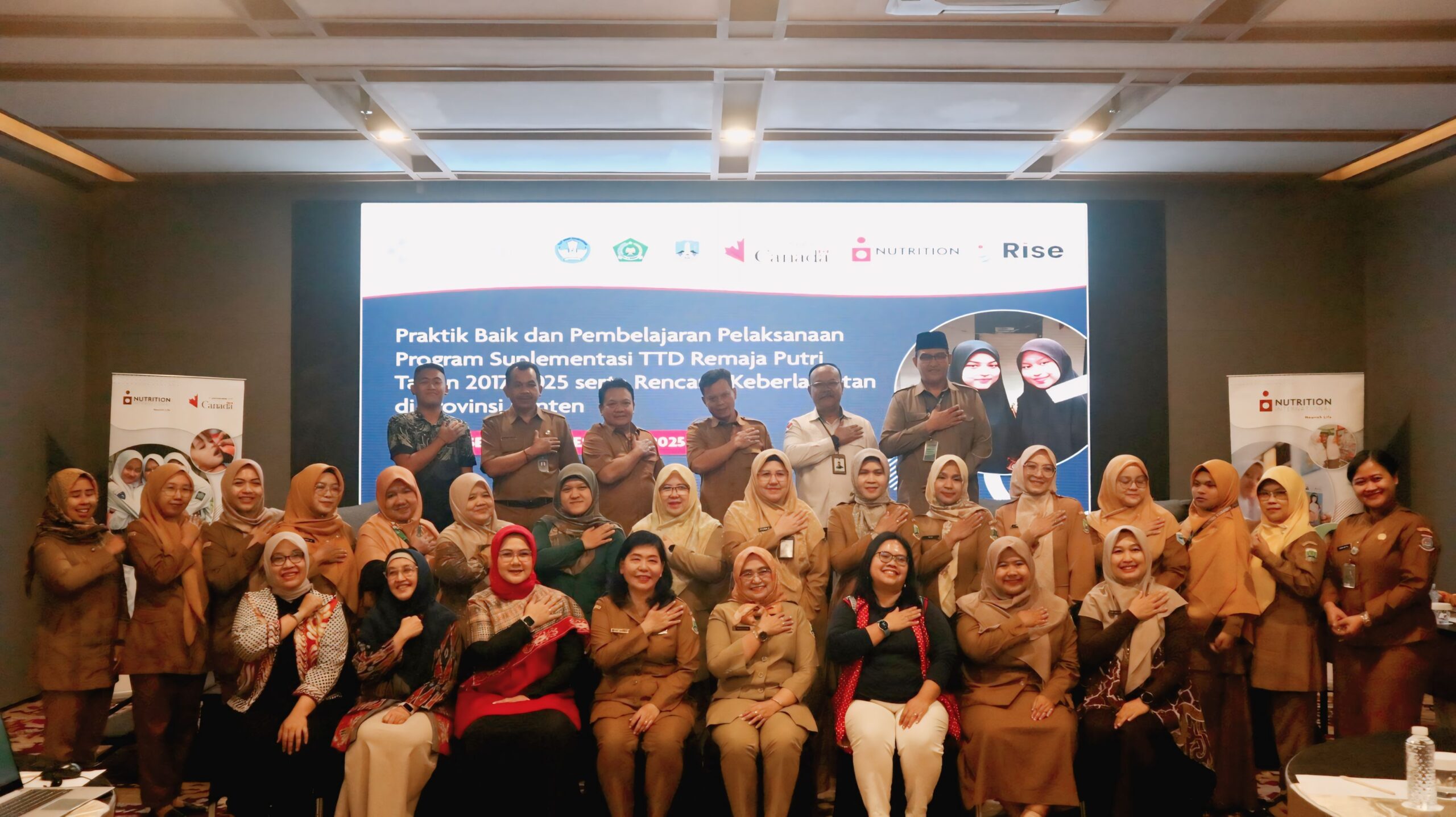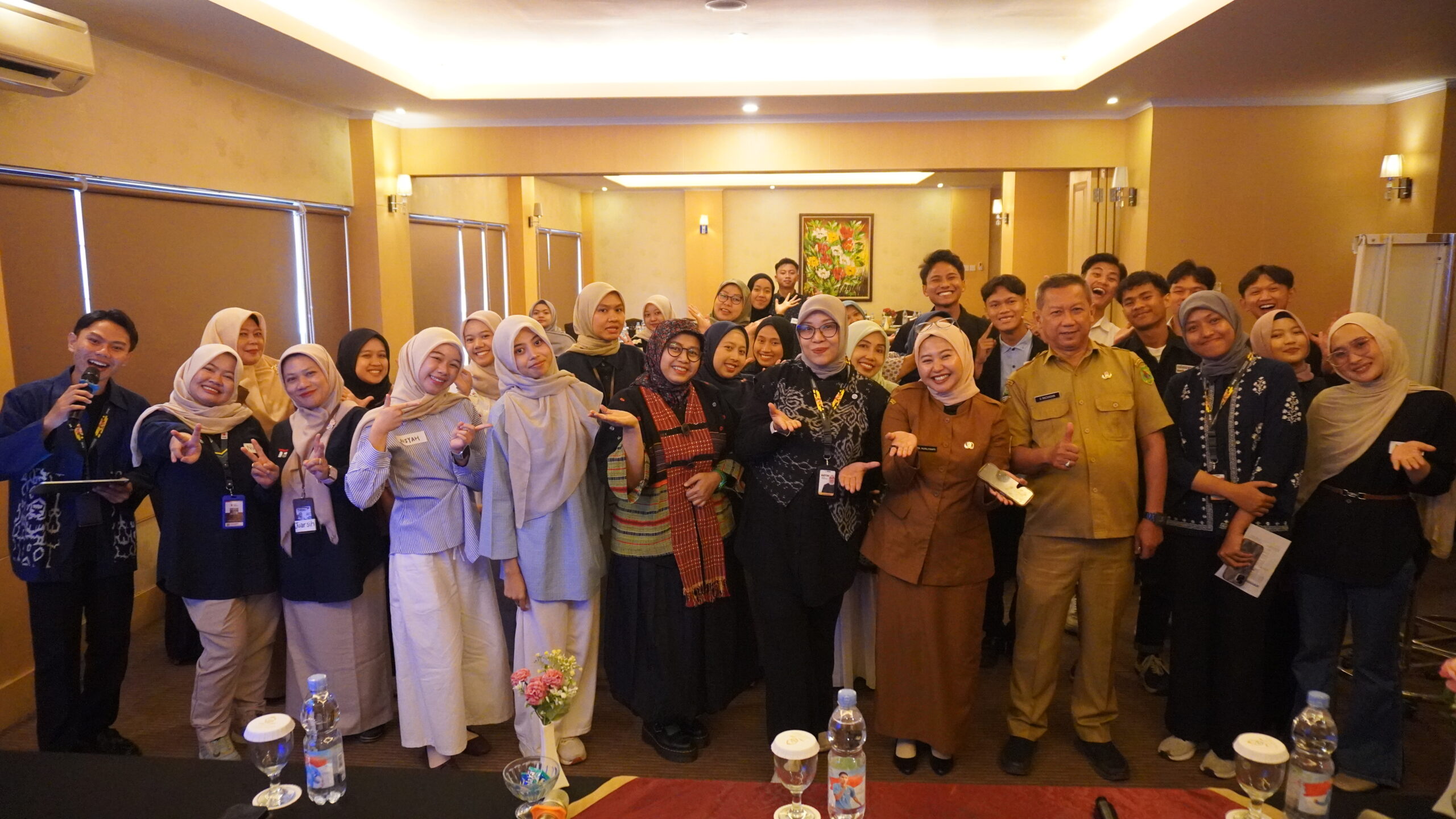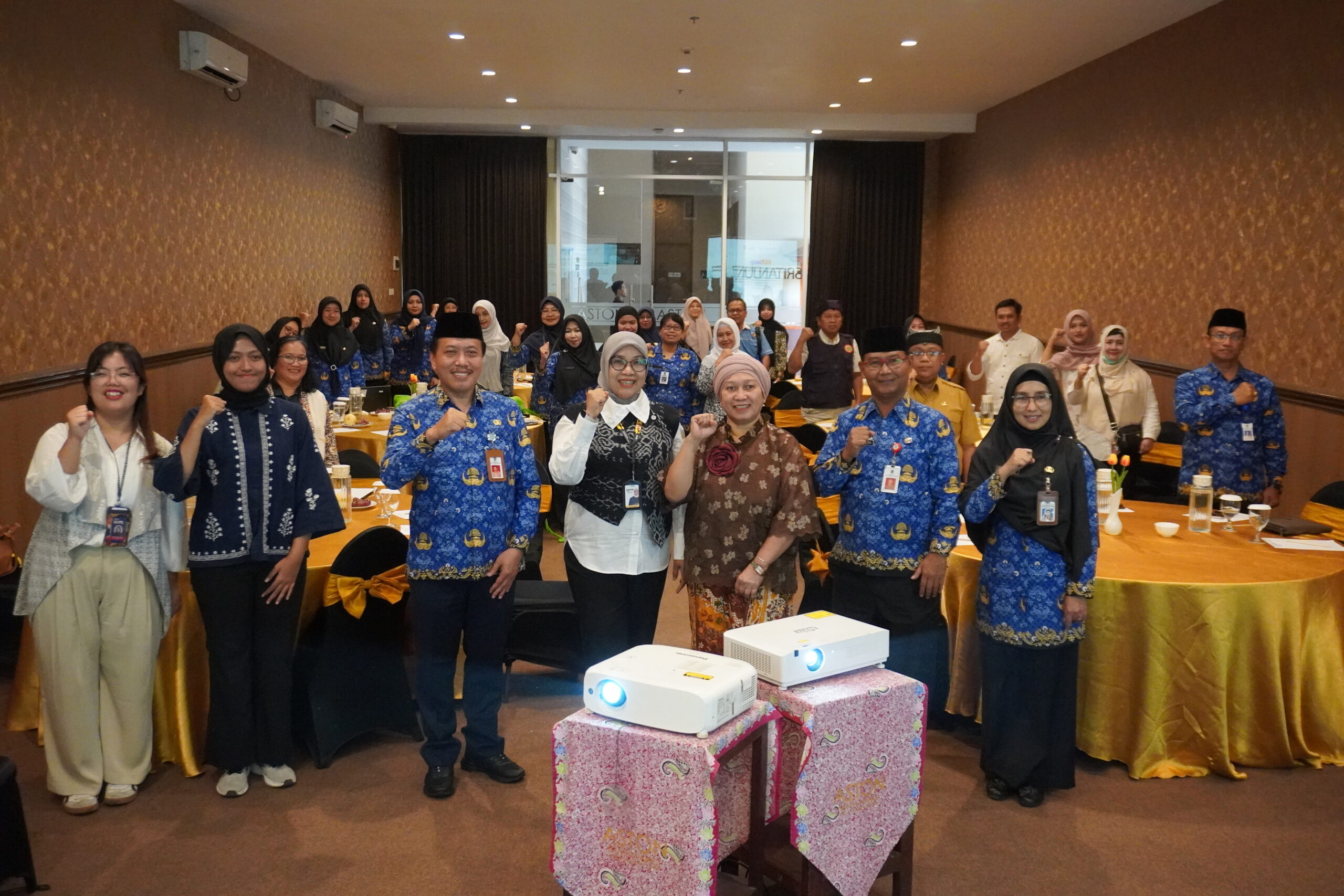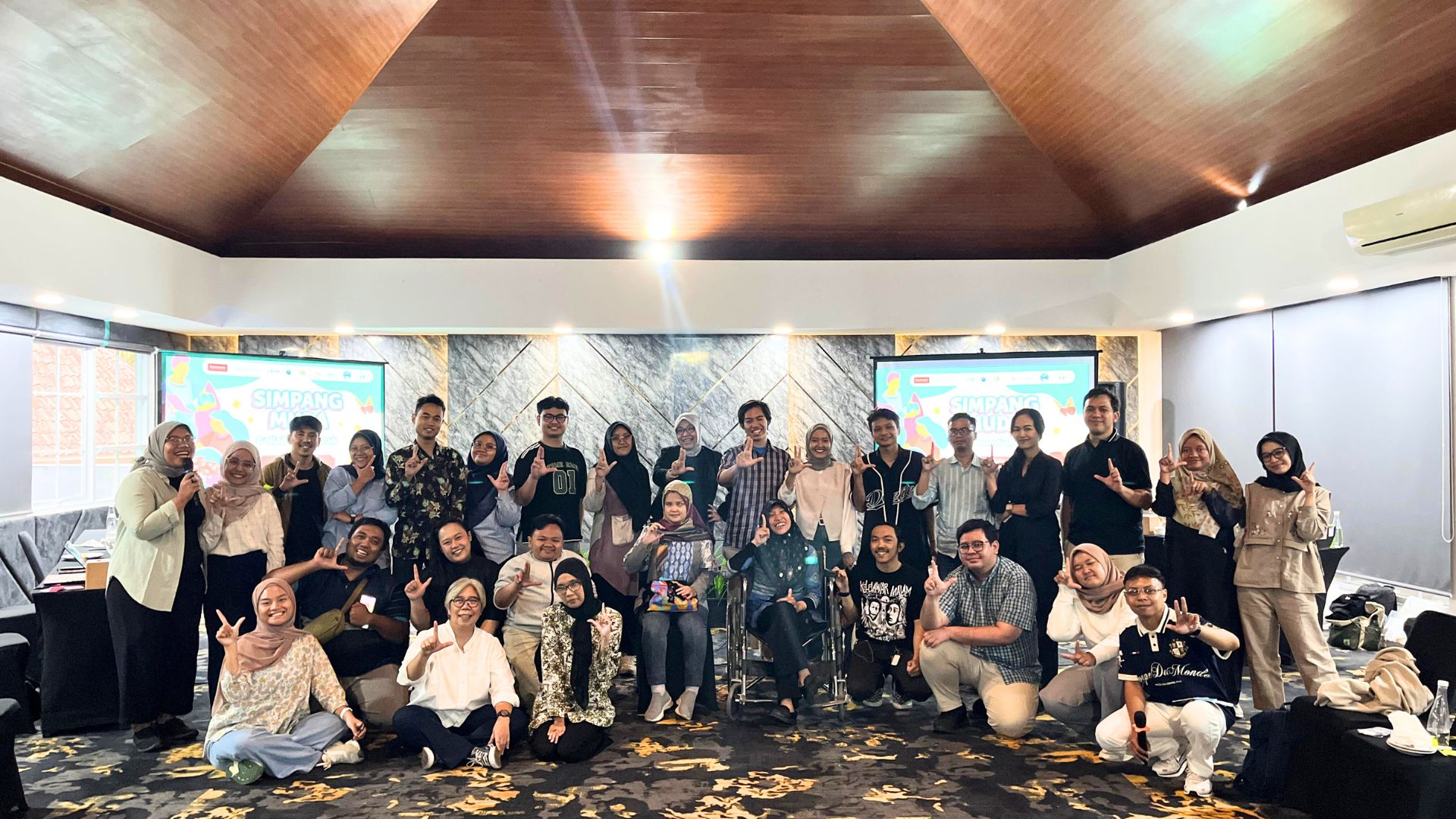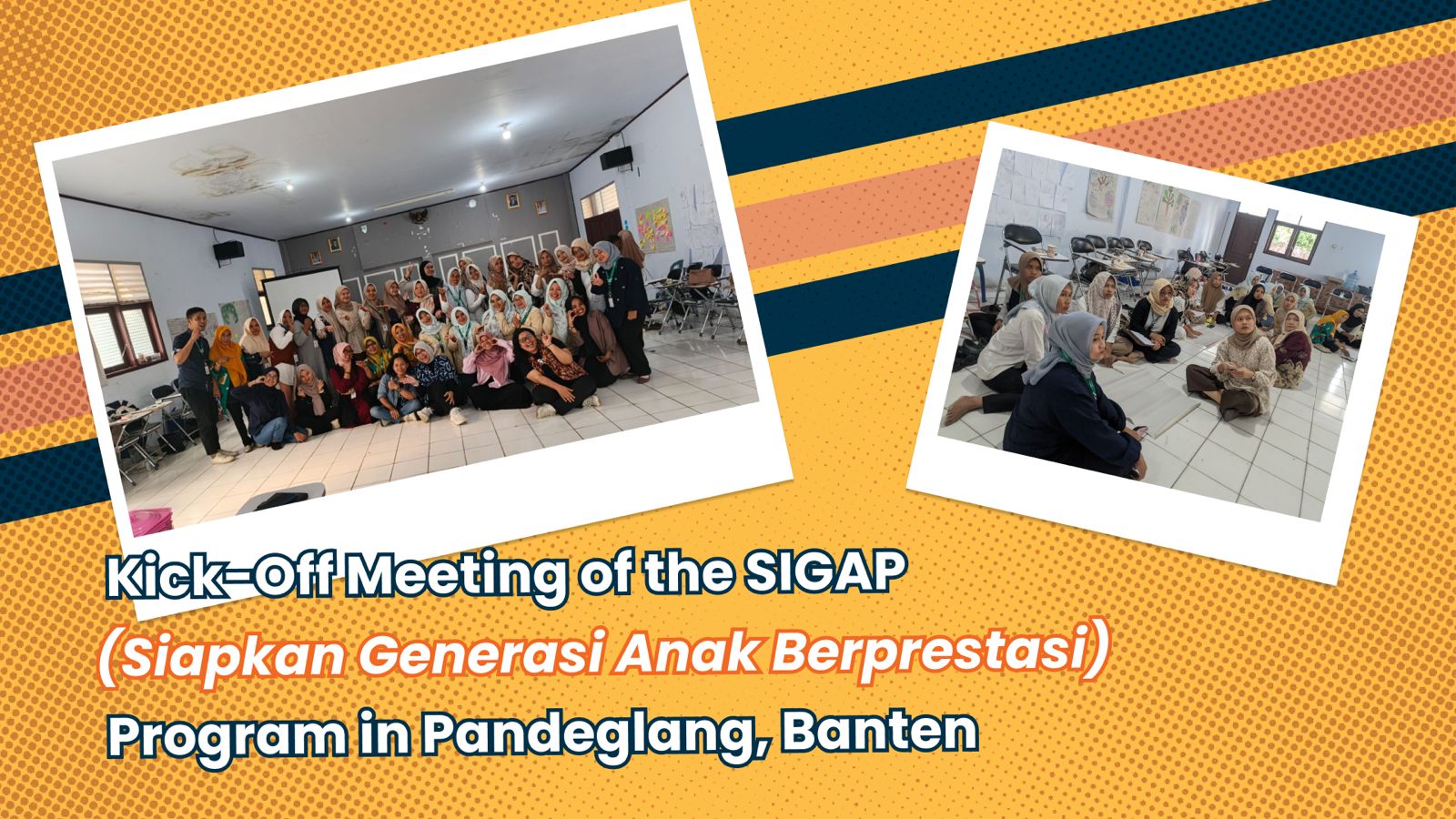Jakarta, June 13, 2025 – Data from the DKI Jakarta Provincial Statistics Agency (2023) shows that organic waste, including food waste, contributed 49.87% of total waste accumulation in 2022. The Free Nutritious Meal Program (MBG), an initiative to expand access to healthy food for school-age children, indirectly opens up new potential for increasing food waste accumulation.
The MBG program has opened up a new discussion: how can the food we don’t finish become part of a larger climate issue? Health Heroes Facilitators, young people trained by the RISE Foundation who are active in peer education on nutrition, food labeling, and climate justice issues, sparked the discussion titled “Sitting Together with the Young, Who Are Not Silent About the Climate Crisis.”
“Many of us are not yet aware that every piece of food waste we throw away actually contributes to the climate crisis. Through this discussion, we want to open the eyes of our young friends that small actions, such as finishing our food, also have a big impact,” said Fatih, who is part of Health Heroes Indonesia.
This discussion became a reflective space for young people to understand the connection between daily consumption patterns, food waste, and its impact on the environment. Health Heroes not only encouraged participants to think critically, but also to take an active role in promoting wiser and more sustainable consumption habits.
“I think twice before throwing away food. It turns out that food waste also contributes to greenhouse gases,” said Bintang, one of the discussion participants.
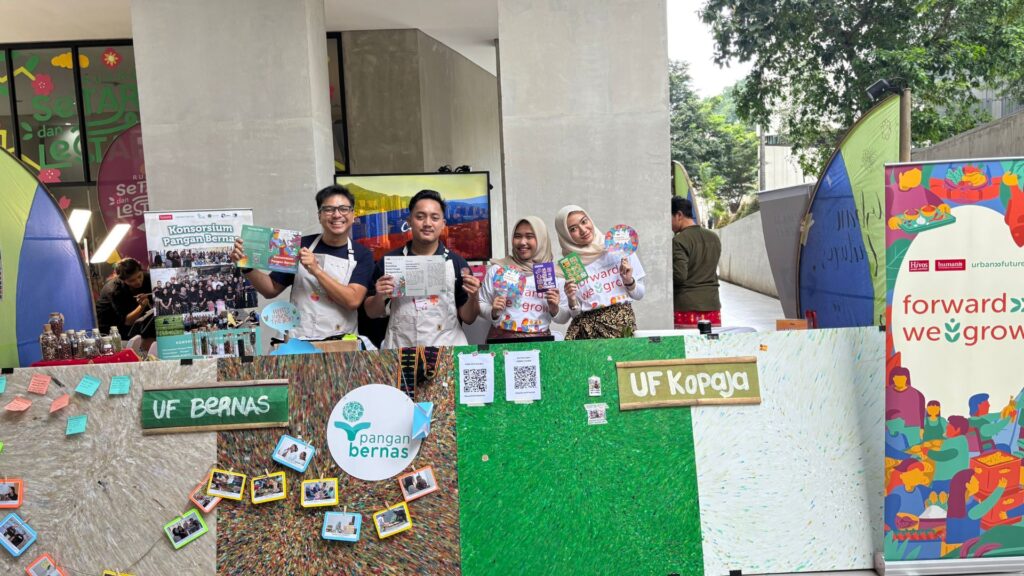
In the same forum, KOPAJA (Food Coalition and Youth Network) from the Urban Futures Indonesia program presented an interactive exhibition booth to strengthen the role of young people in creating food and urban systems that are resilient to climate crises, particularly in the city of Bandung and West Manggarai Regency.
The KOPAJA booth not only displayed campaign materials but also featured an activation booth as an interactive space encouraging visitors to learn more about food and climate challenges in their surroundings.
Through the ‘story-sharing’ method, visitors were invited to share their experiences, print their photos using a portable printer, and write down their voices and commitments using the hashtag “#AkuPeduliPerubahanIklim karena…” as a form of expression of concern and a call to action on climate issues.
“RISE Foundation believes that young people should be the main actors in every movement for change. The Ruang Setara dan Lestari initiative, which embodies the spirit of justice, inclusivity, and sustainability, represents a powerful combination of values for building a more just and sustainable system. Such collaborations are key to a better future, and we fully support this movement,” said Artin Wuriyani, Executive Director of the RISE Foundation.
The Ruang Setara dan Lestari Forum, organized by the Humanis Foundation for Humanism and Social Innovation (Humanis) and its collaborative partners, serves as an important space to bring together various actors from civil society, academia, the arts and culture sector, media, and eco-entrepreneurs to advance a climate agenda that is inclusive and gender-sensitive.
The participation of KOPAJA and Health Heroes Facilitators in this forum reinforces RISE Foundation’s commitment to strengthening meaningful youth engagement in issues of food, climate justice, and an inclusive and sustainable urban future.

